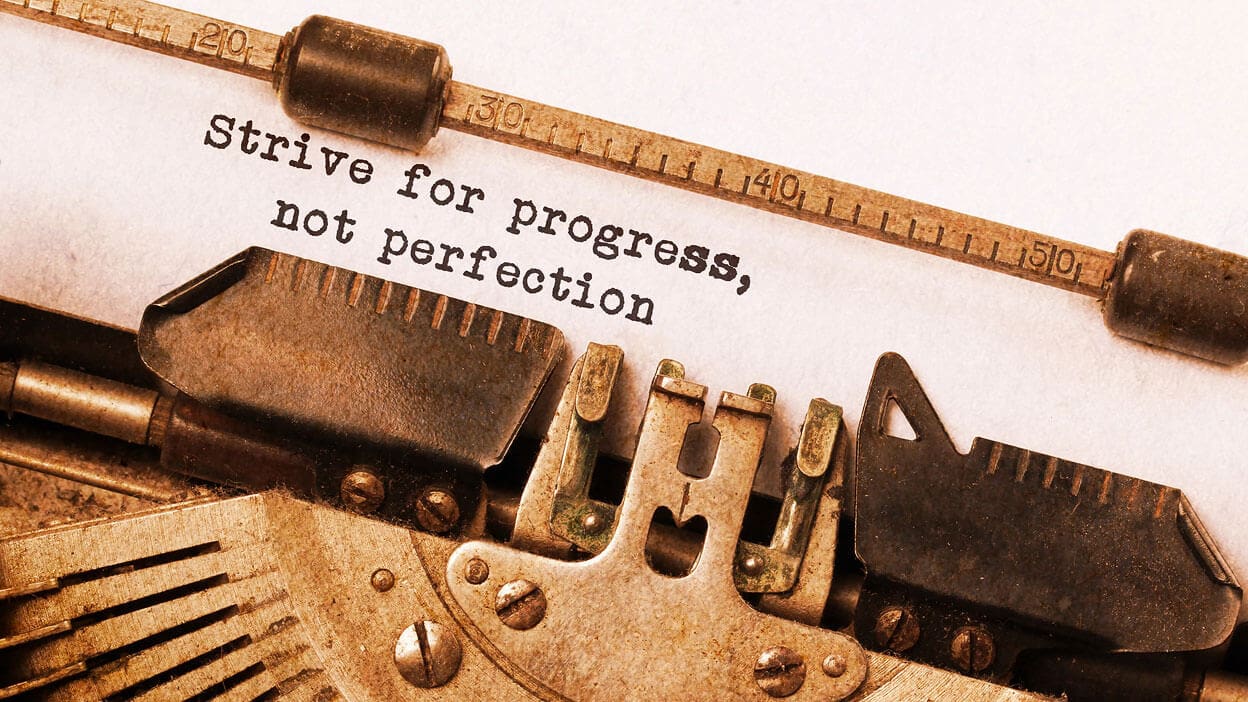Ever find yourself dreaming big but lacking the energy to make those dreams a reality? You might promise to tackle them tomorrow, yet that day never seems to arrive. You aspire to accomplish amazing things, but taking the first step feels daunting. You contemplate writing a book, getting in shape, or acquiring a new skill, but end up scrolling on your phone or watching TV instead.
Why does this happen? It’s not because you’re perpetually lazy; it’s because the tasks seem so overwhelming. When something feels too challenging, your brain opts for an easier alternative. The good news is you can overcome this. Laziness isn’t your identity; it’s a habit, and habits can change.
Reflect on how often you’ve felt stuck because a goal seemed insurmountable. Maybe you want to save money, but cutting back on everything feels impossible, or you wish to be healthier, yet the idea of daily running seems exhausting. It’s not about a lack of care; it’s your brain’s natural inclination to avoid discomfort and seek ease. However, you can outsmart your brain by using three simple steps to overcome inertia and focus on what truly matters.
Step One: Break it down. Large tasks can be intimidating, so simplify them. If writing a book is your goal, don’t think about completing 200 pages – just write one sentence today. Small steps are more manageable and rewarding. Consider it like climbing a mountain; you don’t leap to the summit – you take one step at a time.
Apply this method to your goals; small victories accumulate over time. For instance, if learning guitar is your aim, don’t try mastering an entire song in a day – start by practicing one chord. These modest efforts will eventually yield significant results.
Focus on Progress – Not Perfection
Step Two: Establish easy routines. Don’t depend solely on willpower; create routines. Willpower can be depleted, but routines become second nature. For example, if you aim to exercise regularly, place your workout shoes beside your bed so it’s easy to begin once you wake up. Routines act like training wheels – they simplify tasks until they become natural.
What’s one simple routine you can initiate today? Perhaps it’s jotting down a daily to-do list or drinking water first thing in the morning. These small habits provide structure and help build momentum.
Step Three: Adopt the 2-minute rule. The toughest part is often starting, so commit to just two minutes of work on something. That’s all. Want to read a book? Begin with one page. Need to tidy your office? Start with one corner. Once you start, continuing becomes easier—like giving a ball its initial push down a hill. Afterward, it rolls effortlessly.
Here’s an additional tip: reward yourself for starting. After your two minutes, celebrate in a small way – perhaps by listening to a favourite song or taking a brief break. Rewards make starting enjoyable and motivate you to keep going.
Here’s the truth: everyone begins small. Even those you admire have faced struggles, but they persevered. Perfection isn’t necessary; starting is.
Imagine your dreams as a fire – right now, it’s a tiny spark. Each small action is fuel; keep adding fuel, and soon you’ll have a blazing fire. What will you do today to ignite that fire?
Remember, failure is okay; everyone experiences it. What matters is getting back up and trying again.
Failure isn’t the opposite of success – it’s part of the journey!
If you’re ambitious but find yourself procrastinating, let’s recap what to do:
First, break tasks into small, manageable pieces;
Second, develop routines to support you;
Third, start with just two minutes of effort.
Don’t wait for the perfect moment – start now with one small step.
Your dreams are waiting for you – go after them!
And always remember: consistency is key, not perfection. Even small efforts made consistently can lead to significant change. But consistency requires action – so start taking action today!





So, bit at a time Chris? Always good advice.
Thanks, and all the best,
That’s right Phil, same way we would eat an elephant. ;o)